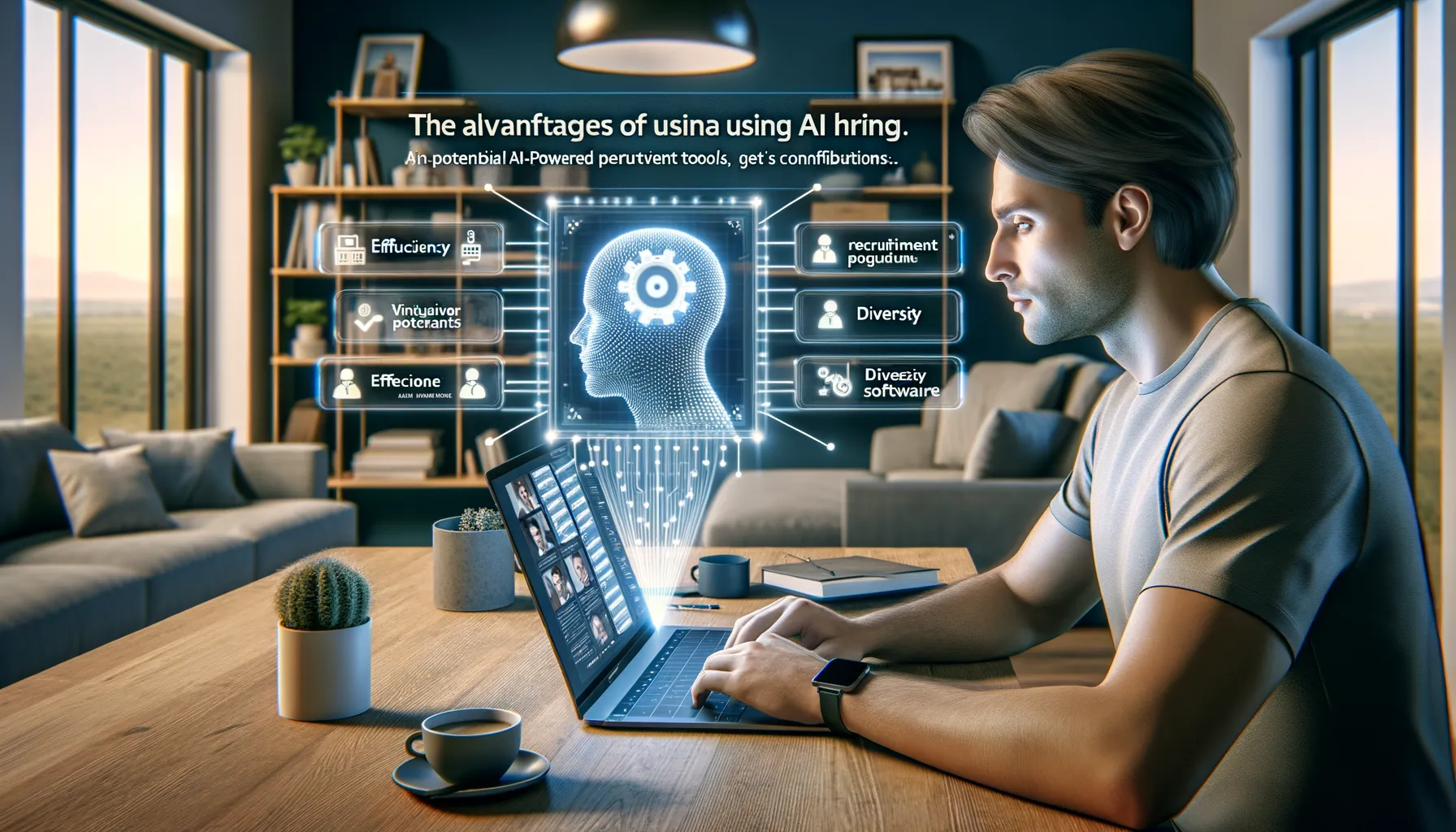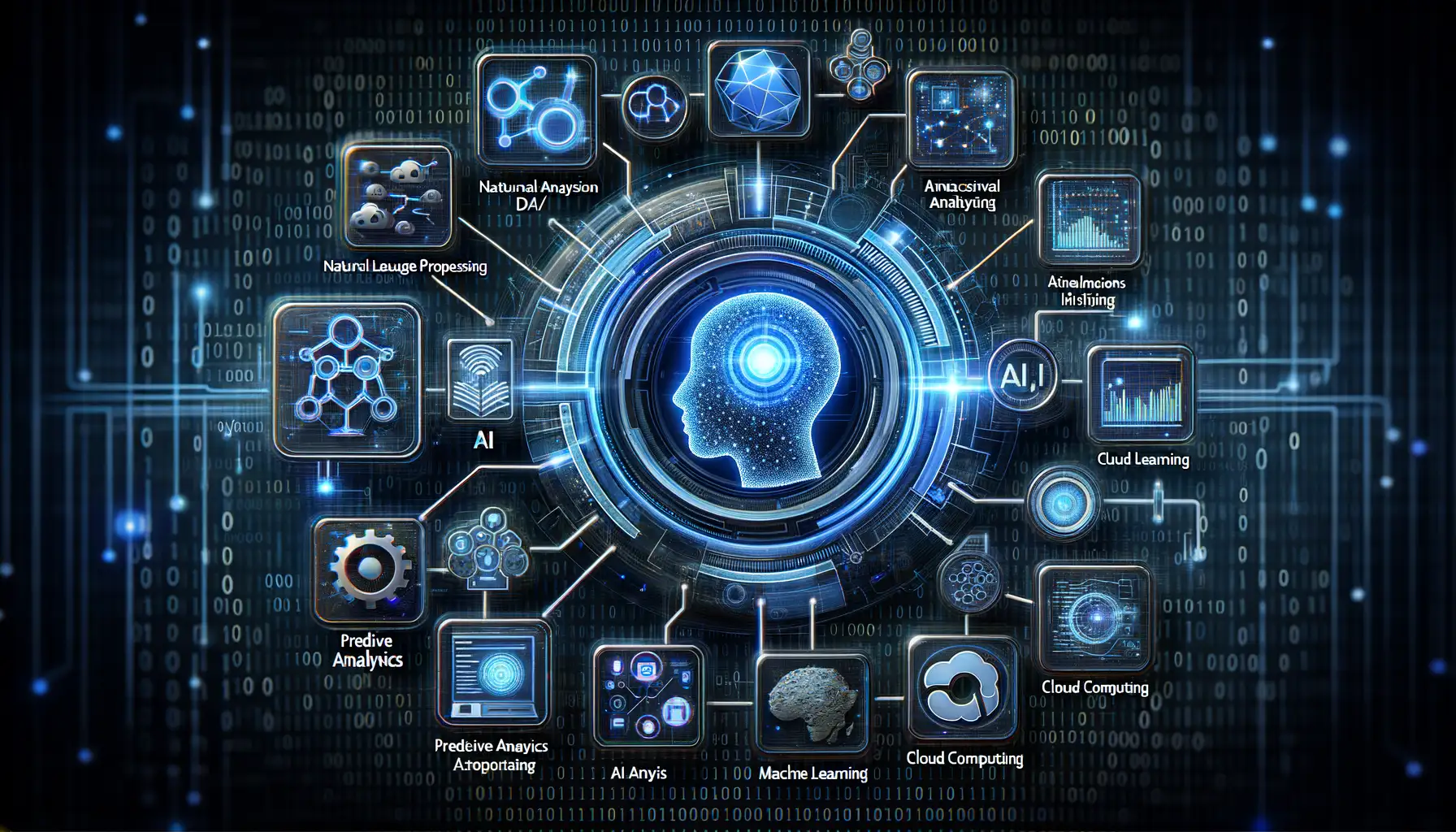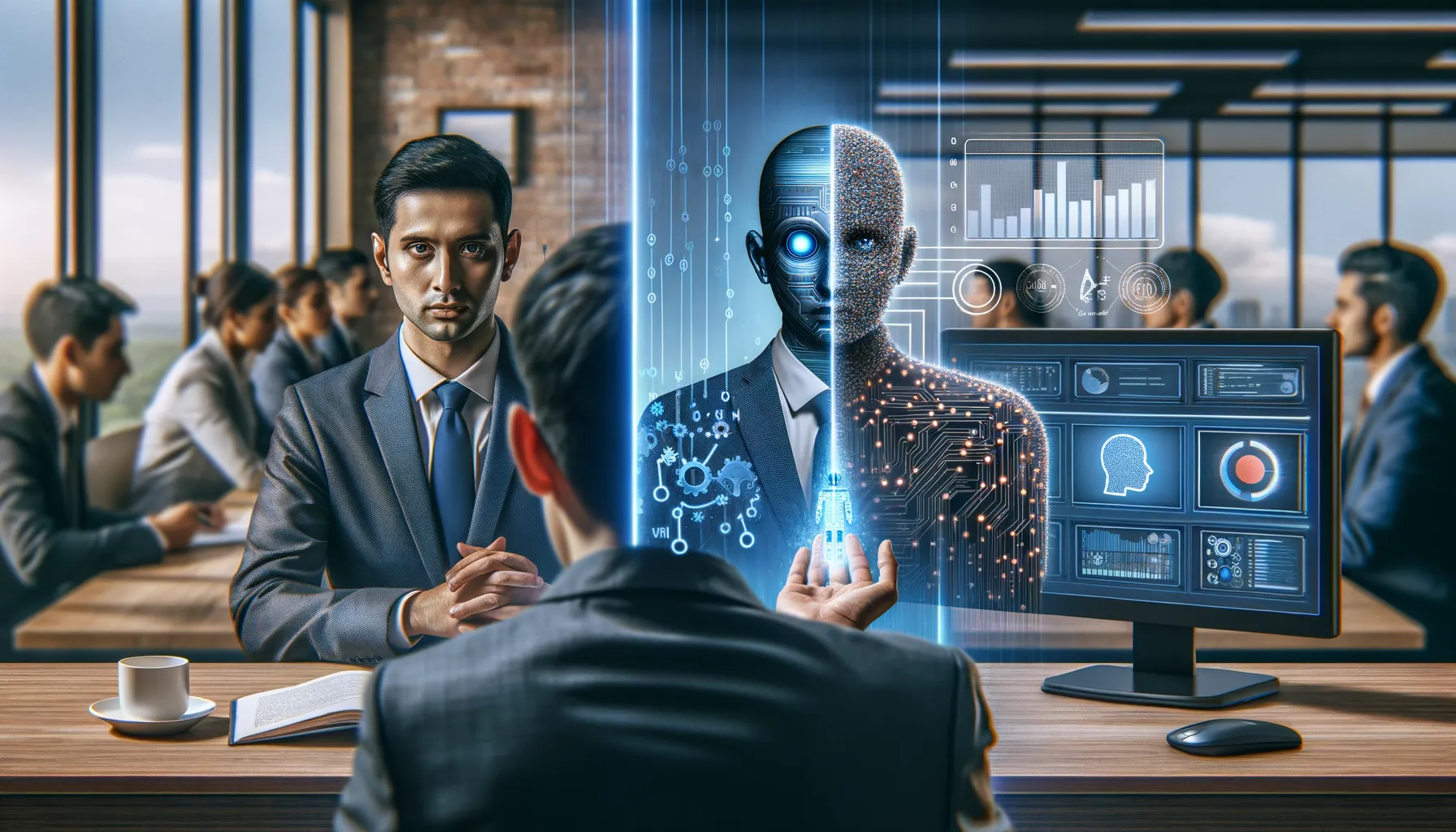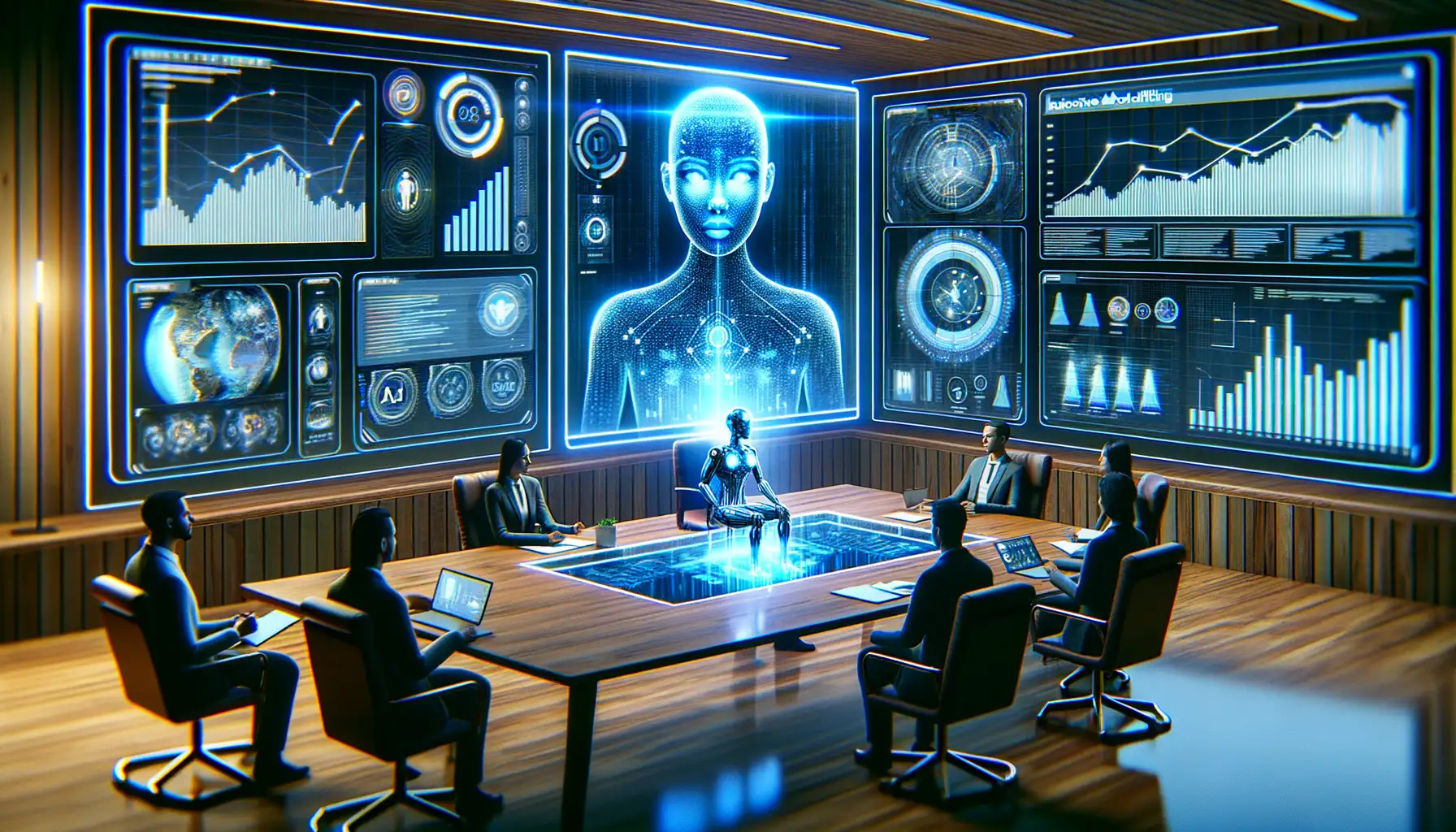The Role of AI in Revolutionizing Remote Recruitment
How AI Becomes Your Recruitment Sidekick
Picture this: you’re sifting through hundreds of resumes for a remote role, eyes glazing over, caffeine running low. Enter AI-driven platforms, your ultimate hiring wingman. These systems don’t just lighten the load; they take it to the next level, analyzing mountains of data faster than you can say “job offer.” They’re like having a hyper-efficient assistant who never sleeps, never misses a detail, and always has your back.
With AI, you’re no longer shackled to outdated methods. Instead, algorithms sort not just by buzzwords on a CV but by real, human capabilities. A candidate in Buenos Aires? No problem. Another in Singapore? Bring it on. AI bridges time zones and languages effortlessly, ensuring you find the perfect cultural fit and skill match.
- Natural language processing (NLP) helps analyze cover letters to unearth hidden potential.
- Advanced data crunching predicts job success rates based on past hires.
Making Remote Hiring Less Guesswork, More Magic
Here’s a secret: AI doesn’t just make decisions—it teaches you how to think differently about recruitment. It refines your filters, ensures debiasing, and lets talent shine from any corner of the world. That’s remote hiring with a touch of innovation brilliance.
Advantages of AI in Remote Hiring Processes

Streamlining Processes, Saving Time
Hiring remotely can feel like trying to find a needle in a haystack, except the haystack spans across countries and time zones. That’s where AI swoops in like a superhero with a digital cape. With its ability to analyze massive piles of resumes faster than you can sip your morning coffee, AI does the heavy lifting for recruiters.
Imagine skipping the tedious first rounds of sorting applications—AI tools evaluate candidates based on role-specific parameters in seconds. And it doesn’t stop there! These systems can even automatically schedule interviews, factoring in availability differences across continents. All this means less burnout for hiring teams and faster decisions for candidates waiting on the other side.
Unlocking Fairness and Smarter Choices
One of the standout perks of using AI for remote recruitment? Unbiased decision-making. Human bias (whether conscious or not) can sneak into hiring, but AI algorithms focus purely on qualifications, skills, and relevant data. This levels the playing field and ensures diverse talent gets a fair shot at your team.
AI also taps into rich data analytics, offering insights no human could calculate with such precision:
- Predictive assessments of candidate success rates
- Skill-matching suggestions based on past hires
- Comprehensive scoring systems for ranking leads
Suddenly, your hiring process is less about gut feelings and more about driving exceptional, measurable outcomes. That’s the magic.
Key Technologies Powering AI-Driven Hiring Platforms

The Brains Behind Smart Hiring
AI-driven hiring platforms aren’t just shiny gadgets—they’re powered by cutting-edge technologies that feel almost magical in their precision. At the heart of these platforms are a few tech superheroes revolutionizing how companies find talent from anywhere in the world.
Natural Language Processing (NLP) is the first wizard in the mix, enabling AI to truly “understand” resumes and cover letters. It’s not just skimming; it’s diving deep—analyzing context, tone, and even intent. It’s the difference between spotting a generic “team player” claim and recognizing someone who led a game-changing project.
Machine Learning Algorithms, on the other hand, are the secret sauce that learns as it goes. Imagine having a recruiter who remembers every success—and mistake—scanning mountains of data to match ideal candidates with job descriptions.
- Predictive Analytics: Forecasts which candidates are likely to excel, based on patterns not even hiring managers may notice.
- Chatbots and Virtual Assistants: No more “waiting for a reply” limbo—these tools interact instantly and keep candidates engaged.
The best part? These technologies don’t just automate recruitment—they infuse it with razor-sharp accuracy and speed.
Challenges in Implementing AI for Remote Recruitment

The Invisible Hurdles in AI-Driven Hiring
Implementing AI for remote recruitment isn’t all smooth sailing—let’s address the elephant in the virtual room. One of the trickiest challenges? Trust. Imagine you’re a candidate, pouring your soul into a cover letter, only to think, “Is a human even reading this?” The lack of transparency in how AI evaluates applicants can make candidates feel less like people and more like data points. And for recruiters? It’s no walk in the park either. They’re putting their faith in algorithms to spot talent, but what if the system misses that hidden gem?
When Data Becomes a Double-Edged Sword
AI relies on mountains of data, but data is messy. Algorithms can unintentionally amplify historical biases lurking in resumes or job descriptions. For example, if past successful hires came from certain demographics, the AI might favor them too, leaving diversity to take a backseat.
And let’s talk tech headaches:
- Integrating AI tools with existing systems has recruiters pulling their hair out.
- Training AI to truly “get” your company culture? Easier said than done.
- Plus, the ever-present fear of cybersecurity breaches keeps everyone on edge.
Despite these challenges, companies are learning to problem-solve with creativity and grit, keeping the future of remote hiring wide open.
Future Trends in AI-Powered Remote Recruitment

The Dawn of Hyper-Personalized Candidate Experiences
Imagine a world where recruitment feels less like a chore and more like matchmaking, fueled by technology that truly understands people. That’s where we’re heading with the next generation of AI-powered hiring tools. These platforms are evolving to deliver hyper-personalized candidate journeys. Picture this: resumes aren’t just scanned—they’re interpreted like stories. An AI tool might notice a gap in someone’s resume and suggest it could be due to caregiving or upskilling rather than dismissing the candidate outright. It’s a level of empathy we’ve never seen in tech before.
We’re also looking at systems that predict which roles someone *might* excel at based on qualities even they don’t realize they have. Smarter algorithms will comb through a candidate’s online footprint—LinkedIn insights, portfolio projects, or even public contributions to forums like GitHub—to unlock opportunities tailored to their unique strengths. This isn’t about finding “good” candidates; it’s about finding the perfect match for both employer and employee.
Next-Gen Tools to Build Inclusive Workforces
Diversity won’t just be a box to check anymore. AI is rapidly developing capabilities to remove unconscious bias from sourcing and screening processes. What does that look like in practice? Think about systems that blind sensitive demographic details like race, gender, age, or even educational pedigree to focus purely on experience, skills, and potential.
Future trends could also lean heavily into AI-powered video analysis. For instance, platforms might evaluate interviews beyond canned answers—analyzing soft skills like adaptability, creativity, or leadership charisma. And yes, the tech will get smarter at spotting things that really matter (like genuine passion) without penalizing accents, filler words, or nervous fidgeting. It’s all about creating a fairer, more human-centric future—with a little help from our mechanical friends.
- AI-driven coaching tools to help candidates prep before interviews, leveling the playing field.
- Real-time feedback loops for employers to build more inclusive job descriptions.
Wouldn’t you want to hire—or be hired—in such a world? It’s not a far-off dream. This is what’s coming next.







